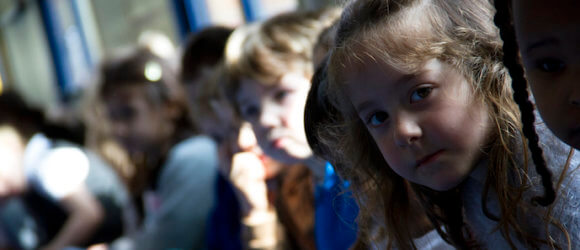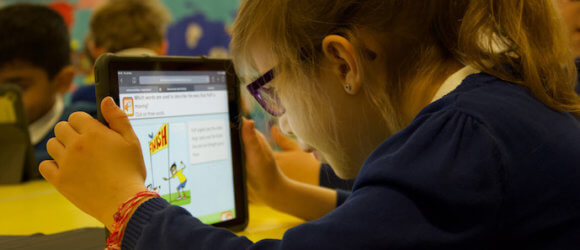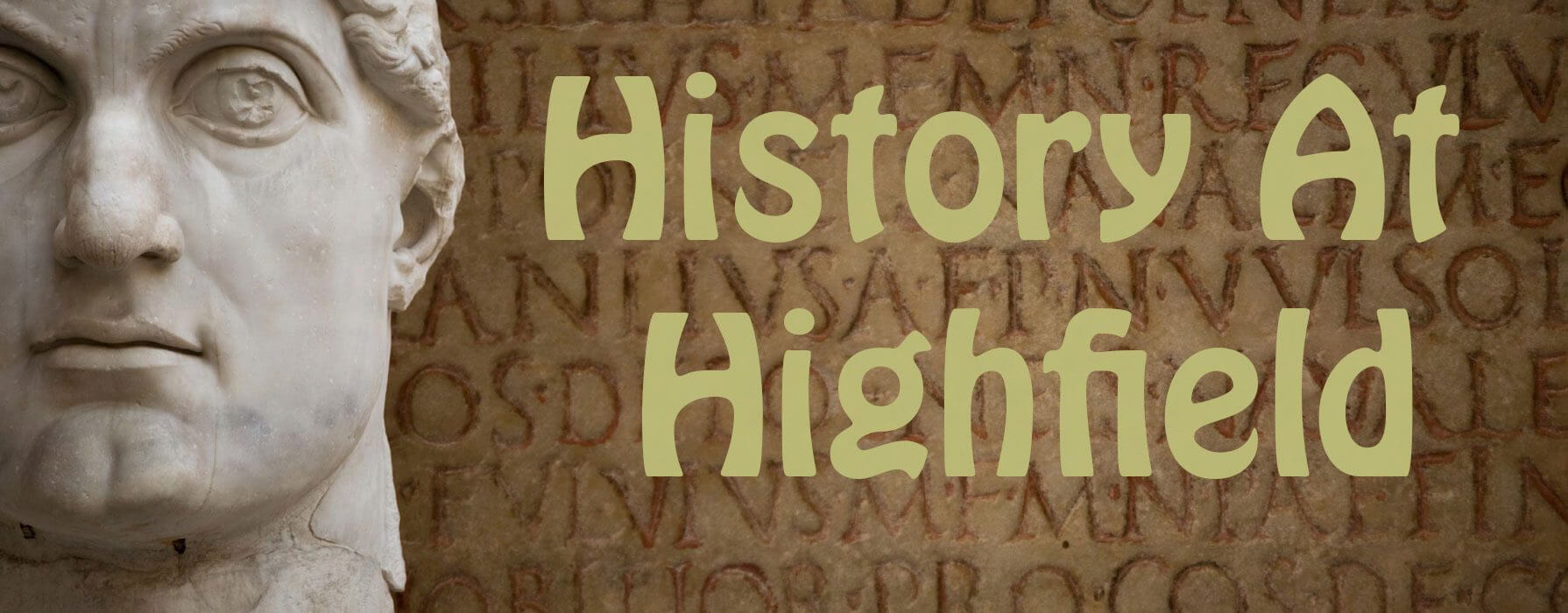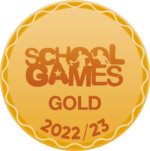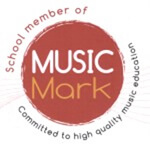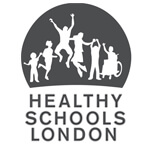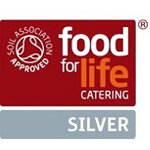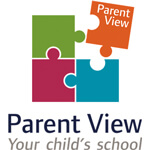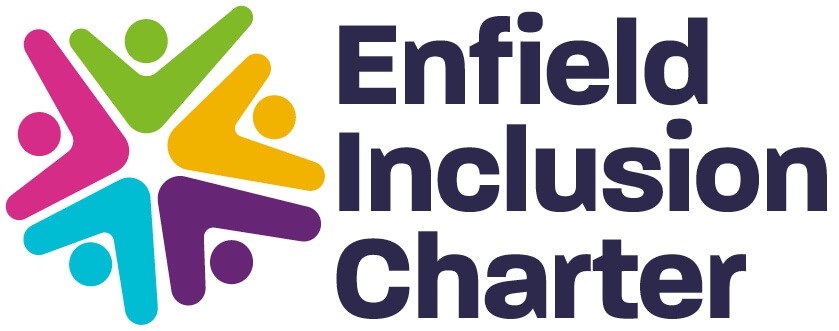History
HISTORY PROGRESSION MAP – click here
Our Aim
At Highfield, we aim to provide a high-quality history education which helps pupils gain coherent knowledge and understanding of Britain’s past and that of the wider world. As well as gaining new knowledge, we aim to encourage pupil’s curiosity to know more about the past, ask perceptive questions and think critically about history. Through our teaching, we strive to equip pupils with the ability to think, question, weigh evidence, sift arguments and develop their own judgement. History helps pupils understand the complexity of people’s lives, the process of change, the diversity of societies and relationships between different groups and cultures. Throughout our History curriculum, we aim to educate and inform children of the challenges that have occurred in the past and how past events has had an impact on the difficulties we continue to face in the present day. Our updated History curriculum at Highfield aims to celebrate multiculturalism and study a variety of cultural events from the past.
Multi-culturalism (understanding its origins, valuing the multiple contributions, contributing positively to harmonious diverse communities)
National Curriculum
Follow the link below to access the National Curriculum for the History programme of study.
History at Highfield
- EYFS
-Place objects/events in order and explain that some objects belonged in the past.
-Talk about significant events in own lives and own family.
-Identify old and new things, beginning to ask and answer questions about new and old objects.
Year 1
- Develop chronological understanding by exploring changes within living memory and sequencing events in their own personal timeline.
- Identify similarities and differences between ways of life in the past and today in the local area.
- Learn about pioneering polar explorers, past and present.
Year 2
- Events beyond living memory that are significant nationally and globally.
- Research and explore the lives of significant individuals in the past who have contributed to national and international achievements to compare to aspects of life in different periods. Focus on healthcare from Nightingale and Seacole to the contribution of the Windrush generation and the founding of the NHS.
- Changes in Britain from the Stone Age to the Iron Age.
Year 3
- Achievements of the earliest civilisations through studying Ancient Egypt.
- Cradles of Civilisation, exploring the first big settlements and cities in the Middle East.
- Ancient Greece and their culture, religions and languages.
Year 4
- End of the Egyptian Civilisation and the development of the Roman Republic.
- Roman Britain, the collapse of Roman rule and the impact on Britain.
- The spread of Christianity in three major empires, examining how it became the official religion of the Roman Empire.
Year 5
- Ancient Arabia and Early Islamic Civilisation.
- Britain’s Settlement by Anglo-Saxons and Scots.
- The Viking and Anglo-Saxon struggle for England.
Year 6
- The Mayan Civilisation c.AD900.
- London through time, exploring Tudor London and 17th Century Britain.
- London in World War II and the impact it had locally.
- Rebuilding London; re-visit the Windrush generation and settlement in the city.
- Reflect on the Race Relations Act up to the present day.

